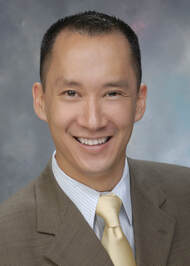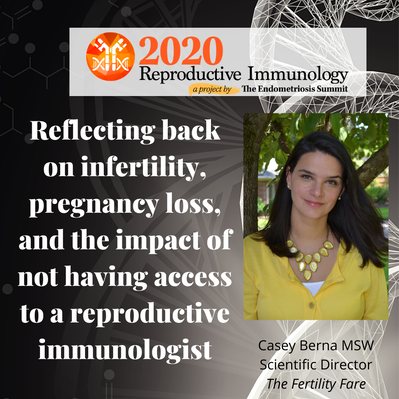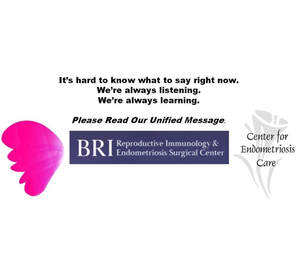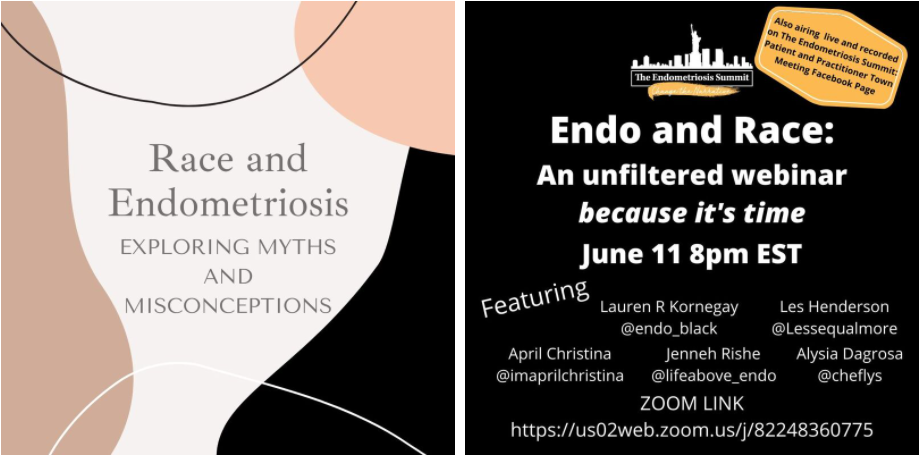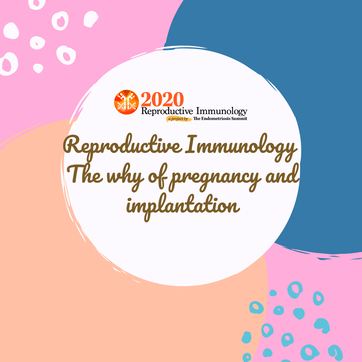 Why might an individual experience unexplained infertility, IVF failure, or recurrent pregnancy loss? Why might someone with endometriosis not be able to conceive even after expert excision? What can help someone have a baby, even when they have tried everything and still don’t know what’s happening?
Why might an individual experience unexplained infertility, IVF failure, or recurrent pregnancy loss? Why might someone with endometriosis not be able to conceive even after expert excision? What can help someone have a baby, even when they have tried everything and still don’t know what’s happening?
Reproductive Immunology studies the interactions between the immune and reproductive systems. Reproductive Immunology may help answering these key questions.
30% of infertile couples worldwide are diagnosed with unexplained or idiopathic infertility. The problem is defined as the lack of an obvious cause for a couple’s infertility and their inability to get pregnant after at least 12 cycles of unprotected intercourse or after six cycles in for those above 35 years of age for whom all the standard evaluations are normal. The American Society for Reproductive Medicine has defined recurrent pregnancy loss (RPL) as “a distinct disorder defined by 2 or more failed clinical pregnancies.” For those experiencing the issue, even one loss is challenging, filled with grief, and disheartening. IVF failure can be devastating for people trying to conceive. It is frustrating and discouraging.
Pregnancy could be considered as a triad involving the embryo, the endometrium, and the immune system. The maternal immune system may play a pivotal role during pregnancy, protecting the mother and the fetus from deleterious environmental pathogens. During pregnancy, the maternal cellular immune responses need to be modulated to prevent embryo rejection.
For a viable pregnancy to occur, a mediation switch must flip- the maternal immune system needs to move toward a more tolerant, low inflammatory state. This decreases the production of inflammatory cytokines and increases the production of cytokines that are more regulatory. Cytokines are any of a number of substances, such as interferon, interleukin, and growth factors, which are secreted by certain cells of the immune system and have an effect on other cells. There are good cytokines and bad cytokines and each will affect implantation and pregnancy. If the mediation switch does not flip or if there are too many of either kind of cytokines, pregnancy will not happen, be it naturally or through IVF. Often times, this reaction is slowed due to many factors from endometriosis, to uterine inflammation and abnormalities, to sperm issues, to genetic translocations.
Some people with infertility may have a challenged immune system from underlying conditions such as an autoimmune disease, PCOS, silent endometriosis, or any form of endometriosis- excised or not. Systemic inflammation may damage oocyte quality, prevent embryo implantation and increase miscarriage and pregnancy loss. For those with unexplained low AMH it is important to explore the immunological causes of why, while doing everything that can be done to increase pregnancy success rates.
Reproductive Immunology explores these issues. Additionally, tools have been created in recent years to assess embryo quality and the embryo’s potential to develop. The receptivity of the endometrial lining to allow implantation can be evaluated. The evaluation of the immune system continues to be a work in progress. No one should have their childbearing decisions made for them by their bodies. Anyone who wants a child or does not want a child should be able to make that decision themselves, not because of “unexplained” factors, a condition, or a disease made it for them. Reproductive Immunology is a unique field of reproductive science to help you understand why pregnancy, either naturally or through IVF, may not be happening.
Worldwide Leaders in the field- those who have paced the reproductive world will head The Endometriosis Summit’s Reproductive Immunology Day during Virtual Fertility Weekend. Do not miss this opportunity to learn why you may be able to encourage pregnancy, improve IVF implantation rates, and avoid pregnancy loss.
Tickets are on sale https://theendometriosissummit.com/virtual-fertility-weekend.html
Scheduled to Appear- Dr. Ole Bjarne Christensen, Dr. Henriette Svarre Nielsen, Dr Fabio Scarpelini, Dr. Bruce Lessey, Dr. John Zhang, Dr. Melvin Thornton, Dr. Robert Klitz, Dr. Joanne Kwak-Kim, Dr. Jonathan Scher, Dr. Antonio Gargiulo, Dr. Patrick Yeung, Dr. Mona Orady, Casey Berna, Jessica Drummond, Christopher Butler, April Christina, Perijat Deshpande, Brandon Johnson, Shervonne Coney, Dr Nadera Mansouri-Attia, Michele McGurk and your hosts Dr Andrea Vidali and Sallie Sarrel.
